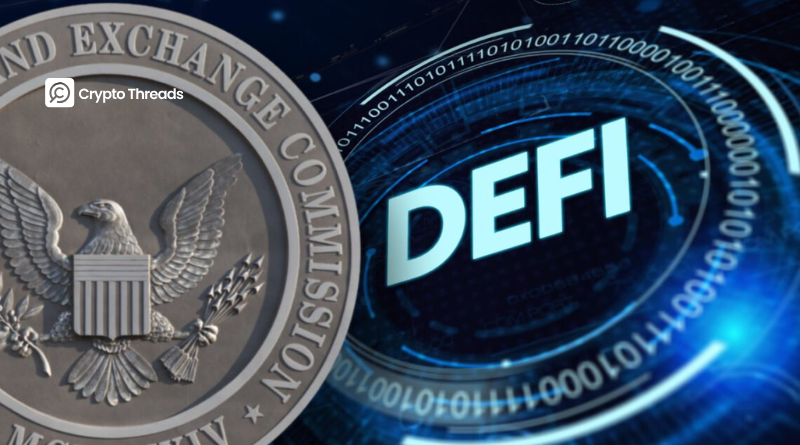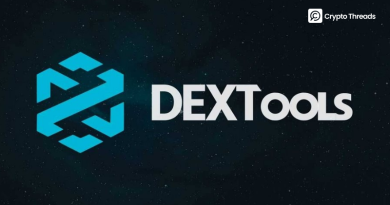SEC Greenlights Liquid Staking, Sending DeFi a Boost
DeFi protocols scored a regulatory win as the SEC confirmed that properly structured liquid staking systems don’t qualify as securities. This landmark clarification could open the door for institutional adoption, and confidence is already rising.
- SEC affirms liquid staking protocols and receipt tokens aren’t securities.
- LDO rose 4.5%, RPL jumped 10.5% post-announcement.
- Total Value Locked (TVL) in liquid staking remains steady at $67B.
- Lido continues to lead with $31.7B in TVL (47% market share).
- Legal clarity may unlock institutional flows and future ETF potential.
Regulatory Clarity Fuels DeFi Optimism
The U.S. Securities and Exchange Commission’s Division of Corporation Finance issued a pivotal statement this week: liquid staking protocols and their associated receipt tokens, when properly structured, are not considered securities under U.S. law. This long-awaited clarification brings much-needed legal certainty to one of DeFi’s fastest-growing sectors.
The impact was immediate. Governance tokens for major staking platforms saw noticeable price increases. Lido DAO’s LDO token rose by 4.5%, peaking at $0.92 before pulling back. Rocket Pool’s RPL token surged by 10.5%, climbing from $6.59 to $7.28 before similarly easing.
Despite the positive price movement, overall capital flows into staking protocols remained steady. DeFiLlama data shows total liquid staking TVL at around $67 billion, with Lido maintaining dominance at $31.7 billion, or nearly half of the sector’s market share. No significant capital rotations followed the announcement, but investor confidence is clearly strengthened.
Legal and industry voices were quick to support the SEC’s stance. Rebecca Rettig, a legal advisor to Jito, praised the ruling as a collaborative achievement and suggested it could pave the way for ETFs involving liquid staking tokens. Sam Kim, Lido’s Chief Legal Officer, emphasized the ruling’s significance for stakers, who can now enjoy liquidity and ownership simultaneously, without the uncertainty of regulatory oversight.
This decision signals a broader acceptance of decentralized, non-custodial staking models – a space that had previously been caught in a legal gray area. As the DeFi ecosystem matures and yield competition intensifies, this regulatory green light may encourage institutional capital to enter with greater confidence.
Final Thought
The SEC’s confirmation that liquid staking protocols are not securities marks a turning point for DeFi. While the market response was measured, the foundational trust this ruling brings could reshape the future of decentralized finance — especially as institutions begin to chase yield with clearer legal guardrails.



